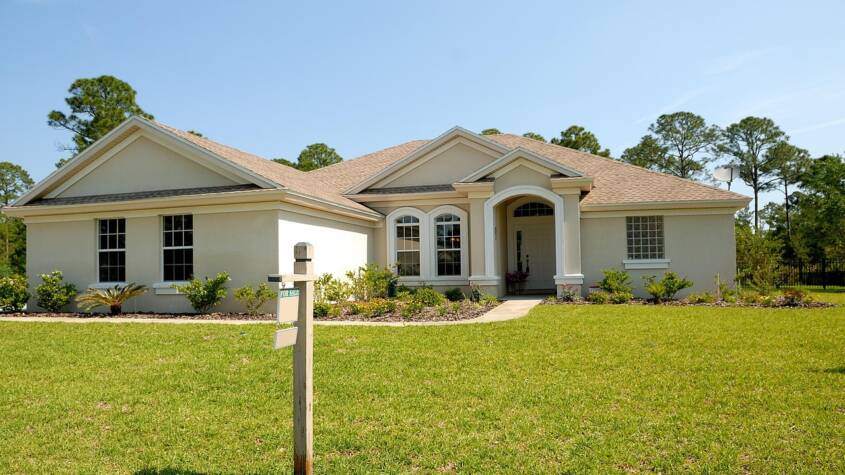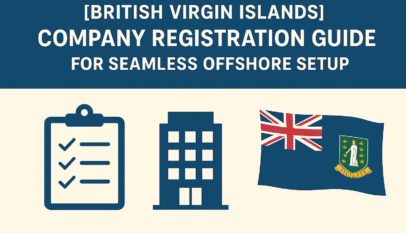
A commercial mortgage loan is a financing option used to purchase or refinance commercial real estate, such as office buildings, retail spaces, or multi-unit residential properties. Unlike residential mortgages, these loans are secured against income-producing properties and typically involve higher interest rates due to increased risk and complexity.
They allow businesses and investors to leverage property assets to grow operations, expand portfolios, or develop new projects. Lenders assess both the property’s income potential and the borrower’s financial health to determine loan terms, which often cover up to 70-75% of the property’s appraised value.
Understanding the specific features and requirements of commercial mortgage loans can help decision-makers make informed financial choices. Knowing how these loans work is essential for anyone involved in commercial real estate or business expansion.
Understanding Commercial Mortgage Loans
Commercial mortgage loans are specialized financing tools designed to help businesses acquire, refinance, or develop commercial properties. These loans come with specific terms and structures based on the property type, loan amount, and borrower qualifications.
They involve various types of loans tailored to different business needs and operate differently compared to residential mortgages. Understanding these distinctions is crucial for making informed decisions.
What Are Commercial Mortgage Loans?
A commercial mortgage loan is a loan secured by commercial real estate, such as office buildings, retail spaces, warehouses, or industrial properties. It is extended primarily to businesses and investors for acquiring or refinancing income-generating properties.
Unlike residential mortgages, commercial mortgages often involve larger loan amounts and stricter eligibility criteria. The property being financed serves as collateral, reducing the lender’s risk. Businesses use these loans to expand operations, invest in property, or improve existing assets.
Types of Commercial Mortgage Loans
There are several common types of commercial mortgage loans, each suited to specific uses:
- Term Loans: Fixed interest rates and repayment schedules for purchasing or refinancing properties.
- Bridge Loans: Short-term financing to cover immediate needs while waiting for long-term financing.
- SBA Loans: Government-backed loans with competitive rates, ideal for small businesses.
Each type offers different terms and benefits, so selecting the right one depends on the borrower’s financial goals, creditworthiness, and property type.
How Commercial Mortgage Loans Work
Commercial mortgage loans require a down payment, typically between 15% and 30%, depending on lender policies and borrower credit. Interest rates vary based on market conditions, loan size, and risk factors.
The loan is repaid over a set term, often 5 to 20 years, with payments including principal and interest. Lenders evaluate the property’s value, income potential, and the borrower’s financials before approval. Collateral remains tied to the property until the loan is fully repaid.
Businesses often benefit from tax deductions on interest payments, making these loans a strategic financing option.
Qualifying for a Commercial Mortgage Loan
Qualifying for a commercial mortgage loan involves meeting specific financial and business criteria. Lenders assess the borrower’s ability to repay, the nature of the commercial property, and the financial documentation provided. Understanding these elements helps prepare a strong application.
Eligibility Requirements
Lenders require businesses to demonstrate financial stability and profitability. A key metric is the Debt Service Coverage Ratio (DSCR), which compares a business’s net operating income to its debt obligations. Typically, a DSCR of 1.25 or higher is needed.
The type of property also affects eligibility. Income-generating properties with stable cash flows are preferred. Lenders evaluate business history, credit scores, and sometimes the borrower’s experience in managing commercial properties.
Additional criteria may include the loan-to-value (LTV) ratio, often capped around 65-80%, to limit lender risk. Borrowers must also show a clear plan for the property’s use and its ability to generate income.
Application Process
The commercial mortgage application begins with submitting detailed financial and business information. Lenders will generally require a formal application along with supporting documents.
Next, the property is appraised to verify its market value and income potential. Lenders then review the business’s creditworthiness, past tax returns, and cash flow statements.
The underwriting process involves verifying all data and assessing risk. Approval timelines can range from a few weeks to months depending on the lender and complexity. Once approved, terms are negotiated and the loan agreement is finalized.
Key Financial Documents
Essential documents include business financial statements, such as profit and loss statements and balance sheets. These demonstrate the company’s overall financial health.
Tax returns for the last two to three years are crucial for verifying income consistency. Personal financial statements from business owners may be required if personal guarantees back the loan.
Additional documents might include rent rolls (if applicable), leases, and a detailed business plan. These help lenders understand the income stream and future business prospects related to the property.
British Virgin Islands Company Registration Guide for Seamless Offshore Setup
Registering a company in the British Virgin Islands (BVI) is a straightforward process tha…








